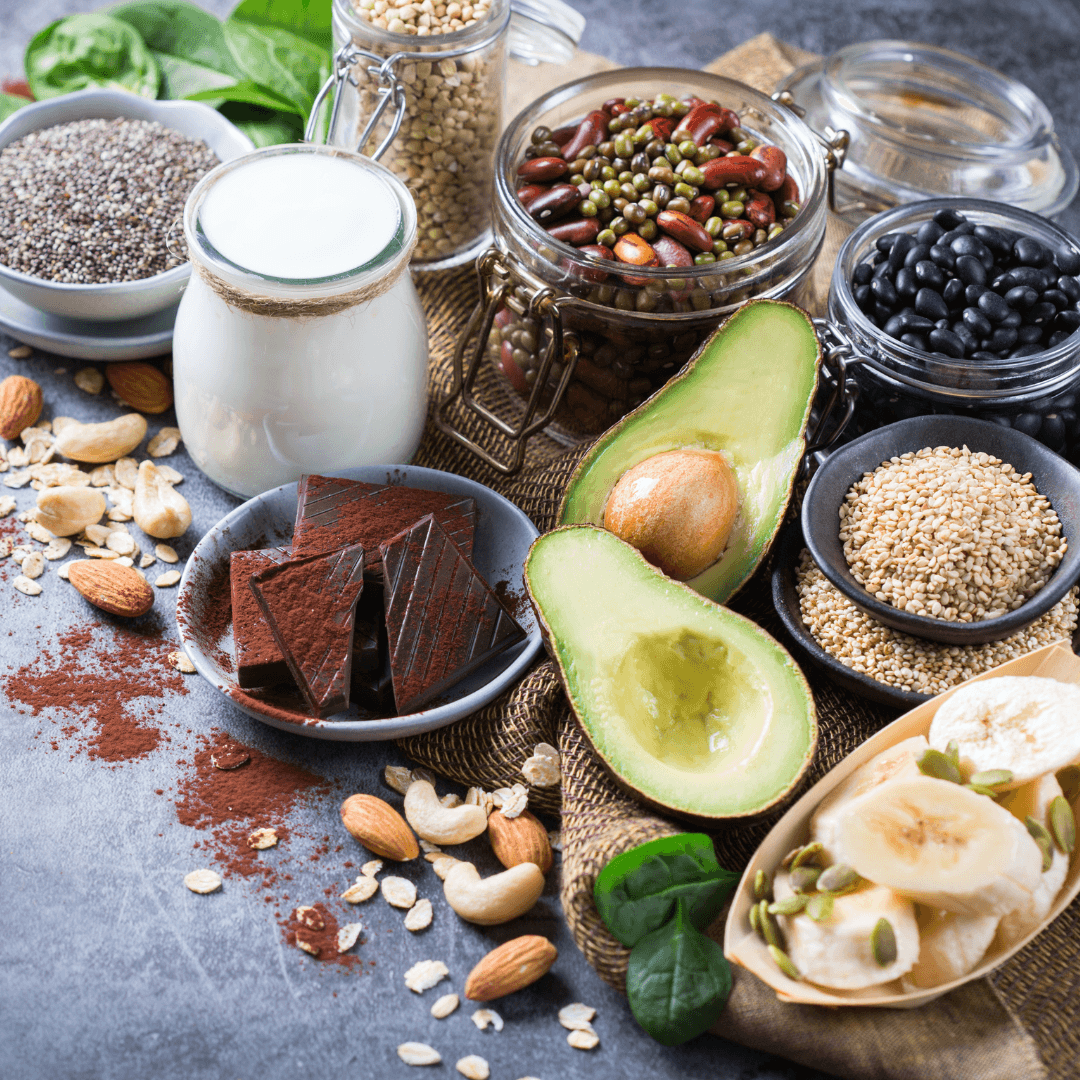
The Benefits of Magnesium: Essential Mineral for Vibrant Health
Discover the Remarkable Health Benefits of Magnesium
- Mineral baths
- Herbal compresses
- Mud packs
- Steam/sweat lodges
In nature, magnesium is always found as a compound, bonding easily with other elements. It’s typically found in natural minerals like dolomite and magnesite, seawater, salt lakes, brines, or underground mineral salt deposits. It's the 8th most abundant element in Earth's crust.
Surprisingly, many people are deficient in this abundant mineral.
Magnesium Deficiency: A Public Health Crisis
Magnesium is naturally present in our bodies and many foods. About 50-60% of your body's magnesium is stored in your skeletal system, with the rest in tissue, muscle, and bodily fluids.
We need to consume large amounts of magnesium – more than most of us get through food – for full-body wellness. This need is heightened by the standard diet, which often includes excess:
- Seed oil
- Unhealthy fats
- Processed foods
- Gluten
- Alcohol
- Sugar
High levels of processing, preservatives, unstable cooking oils, and filler ingredients in the average diet strip our foods and bodies of essential nutrients, including magnesium. As a result, many people have a magnesium deficiency.
Research shows that magnesium deficiency is linked to various diseases, health risks, and ailments. Some sources even suggest that the prevalence of magnesium deficiency should be considered a health crisis due to its importance for overall health.
Part of this deficiency could also be connected to declining soil health from farming practices like tilling and pesticide use. The soil’s magnesium is essential for normal crop growth and nutrient content. We check the soil in which we grow and use Epsom salts as a nutrient supplement.
Foods rich in magnesium include:
- Nuts and seeds
- Dark green vegetables
- Dark chocolate
- Fatty fish
- Legumes
Unfortunately, it's almost impossible to get enough magnesium from food alone. Many functional and holistic practitioners recommend magnesium supplements or magnesium-rich products to fill the gap.
Magnesium Supplements
Given what we know, a magnesium supplement can benefit most people. However, with a wide range of magnesium supplements available, it's best to consult your healthcare professional for personalized advice.
Common forms of magnesium supplements include:
- Magnesium Citrate
- Magnesium Glycinate
- Magnesium Oxide
- Magnesium Chloride
- Magnesium Lactate
- Magnesium Malate
- Magnesium L-threonate
- Magnesium Sulfate
*Tip: While magnesium is remarkable, some forms are best for specific concerns. Research different forms to see which will better support your specific health needs.
Common uses and applications of magnesium include:
- Pill form
- Powder stirred into a drink (often included in electrolyte mixes)
- Topical lotion or oil infused with magnesium (keep an eye out for our upcoming spray)
- Bath salts infused with magnesium
As the Britannica dictionary puts it, magnesium is essential to all cellular life. This highlights the importance of this natural element.
The Remarkable Benefits of Magnesium
Magnesium is a powerful natural ingredient used for various health concerns and provides foundational support for your body's essential systems/functions. Its benefits are far-reaching and substantial.
Magnesium benefits various biomarkers of health, including:
- Healthy bowel movements
- Supports bone health
- Relieves menstrual cramps
- Supports cardiovascular health
- Gently detoxes the body (when dissolved in a bath)
- Promotes better sleep
- Aids in Vitamin D metabolism and calcium absorption
- Supports muscle soreness from exercise recovery
- Assists in glucose control and insulin metabolism, reducing the risk of type-2 diabetes
- May help prevent strokes
- Relieves PMS symptoms
- Supports a healthy stress response
- Prevents migraines and headaches
- Soothes anxiety and depression
- Can help prevent and ease symptoms associated with Alzheimer's, cardiovascular disease, hypertension, ADHD, Autism, neurologic issues, and fibromyalgia
Magnesium Benefits for Skin
We love ingredients that benefit overall wellness and skin health. Magnesium can:
- Calm skin irritation
- Reduce excess oil
- Soothe inflammation
- Treat conditions like dermatitis
- Moisturise and improve skin barrier function
The Benefits of Topically-Applied Magnesium
Your skin acts as a barrier, retaining nutrients and water while blocking harmful substances. However, some topical products can penetrate the skin's layers and enter the bloodstream. The absorption rate depends on factors like product composition, the area of application, and skin condition.
Topical absorption is widely recognised in dermatology and Western medicine:
Conventional medications like nicotine patches or hormone creams are administered via the skin.
Studies show that chemicals in conventional sunscreens are absorbed into the bloodstream at levels beyond the recommended threshold after just one application, remaining for up to three weeks.
Topical magnesium can be absorbed into the bloodstream, providing similar benefits to internal magnesium.
Magnesium: The Mineral You Need More Of
Do you have a magnesium deficiency? It's possible, considering what we know.
With over 300 critical roles in the body, magnesium is essential for full-body health. And as we always say, full-body health is intricately linked to skin health – it’s all part of a bigger picture for wellness and radiant health.
How do you feel about the benefits of magnesium after reading this post?
